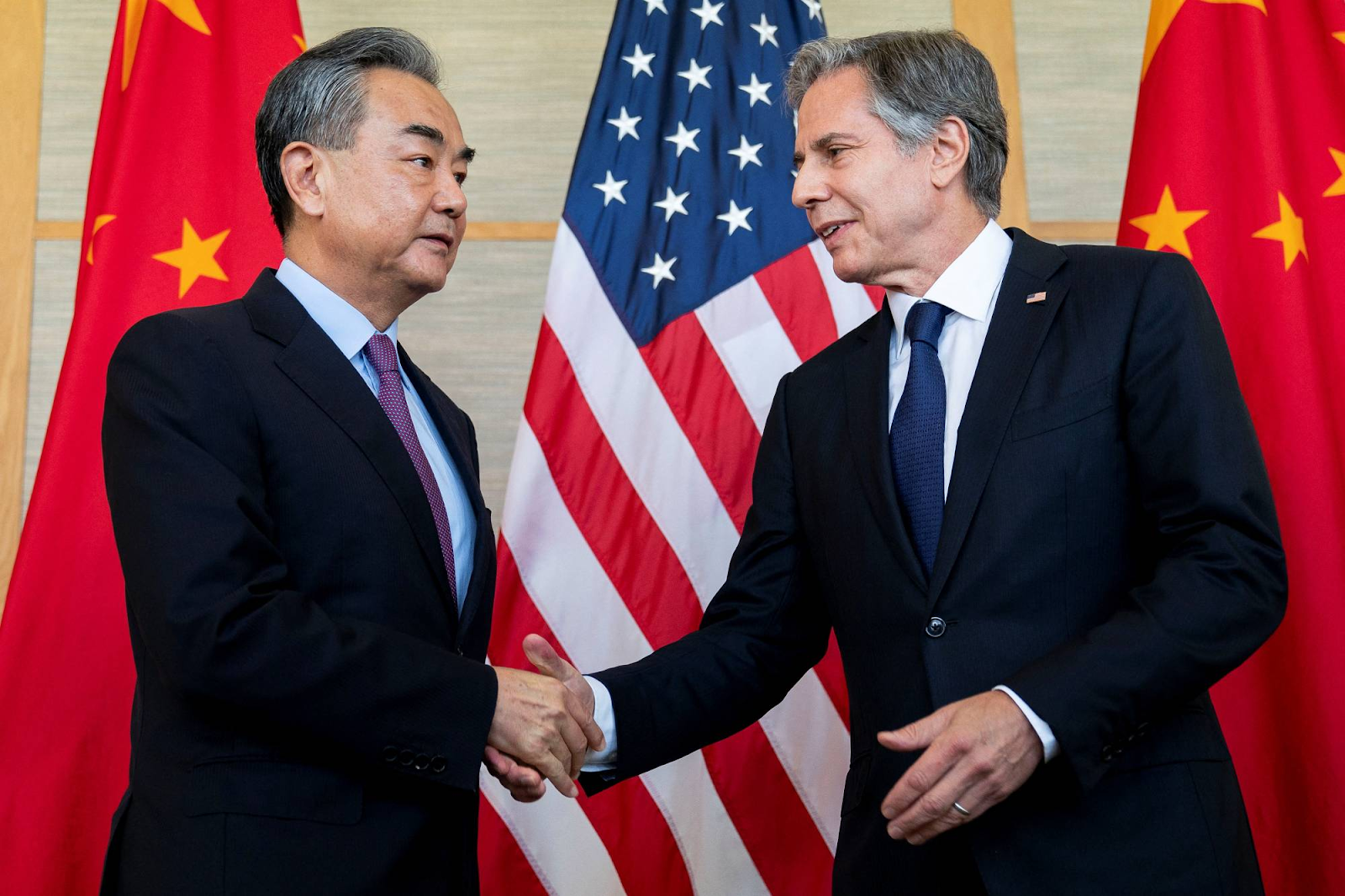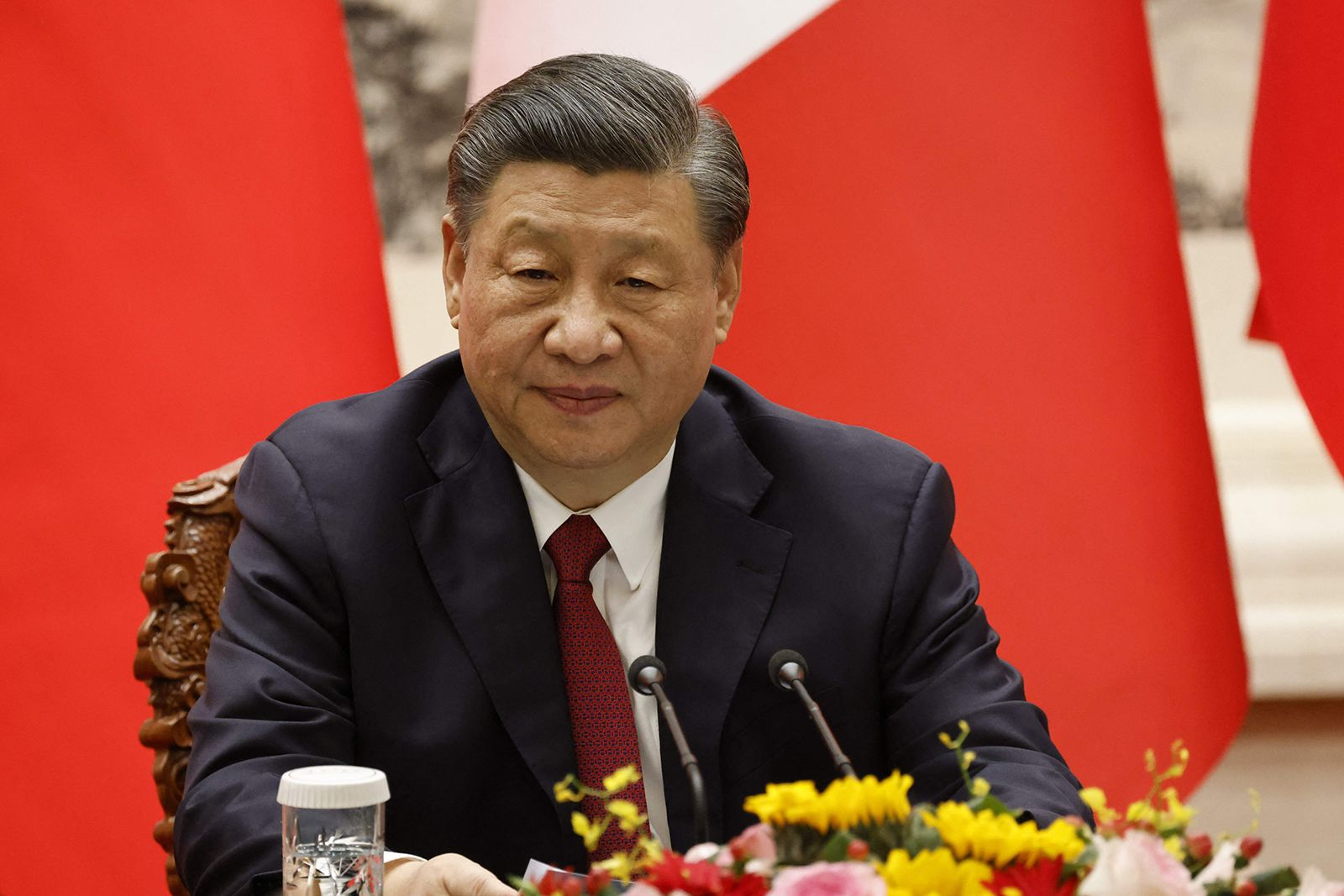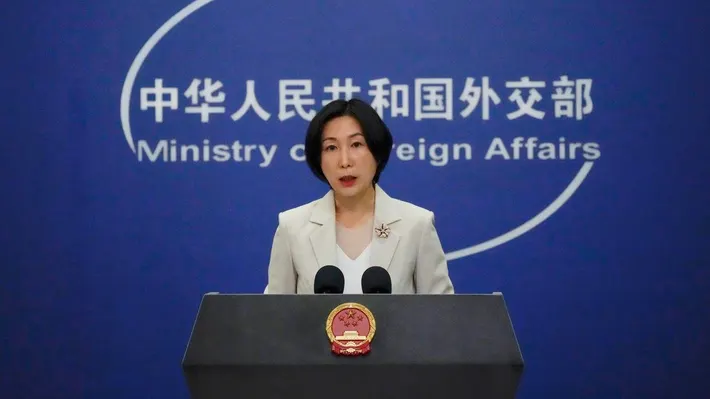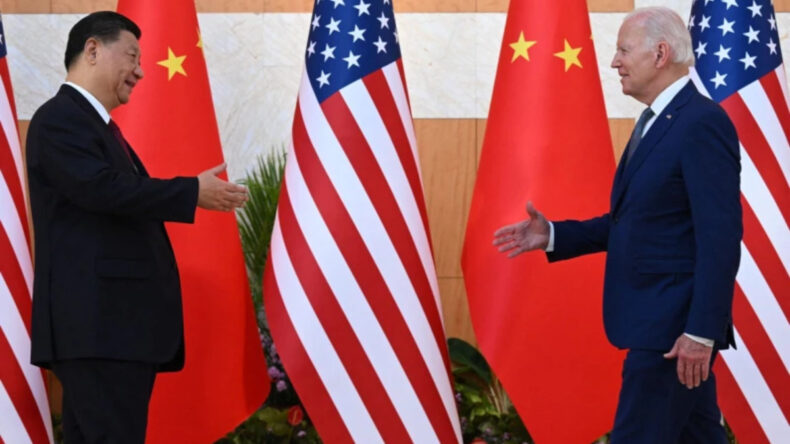Background
During a recent fundraiser in California, President Biden referred to Chinese President Xi Jinping as a “dictator.” Biden claimed that Xi was unaware of an alleged spy balloon that flew over US airspace this year, which he considered embarrassing for dictators like Xi.
Biden’s remarks and the US’s stance
Biden further stated that Xi Jinping was very upset when they shot the balloon down with two boxcars full of spy equipment in it, as he was oblivious to the location of the balloon.
This statement came just a day after U.S. Secretary of State Anthony Blinken completed a visit to China aimed at strengthening the bilateral relations between the US and China, which China says have been at their lowest point since their formal ties were established in 1979. The balloon saga had already strained US-China ties and had also caused a delay in Blinken’s visit to China, which was originally scheduled for February.
Blinken and Xi agreed in their meeting on Monday to stabilize the US-China rivalry so it does not head towards conflict. While the meeting did not yield breakthroughs, both sides agreed to continue diplomatic engagements with more visits by U.S. officials in the upcoming months.

US officials were taken aback that such sensitive information was discussed in a public setting. Apparently according to a source, Biden’s remarks were the government’s private assessment.
US State Department deputy spokesperson Vedant Patel, when asked whether Biden’s remarks are going to affect future visits by officials in either of the nations, stated that they continue to expect engagements when the time is appropriate.
Further stating that Biden, despite believing that diplomacy is a responsible way to manage tensions, clear up misconceptions, and protect the interests of either side, won’t be blunt and forthcoming about their differences.
Power dynamics in China
Xi Jinping became the president of China for an unprecedented third time in March and the head of the Communist Party in October, making him the most powerful leader of China since Mao Zedong.

China operates under a one-part system that critics including human rights groups, some nations, Western leaders, and academicians, consider a dictatorship that lacks free media, an independent judiciary,democratic institutions, universal suffrage, or national office.
Any dissidents of Xi and the government are censored online and face severe punishments.
Biden, as president had previously referred to China as “essentially a dictatorship” and “a place for the autocrat, the dictator,” while stating that no world leader wants to be like Xi.
China’s response
Responding to a question regarding remarks made by Biden, Chinese foreign ministry spokesperson Mao Ning called the remarks “extremely absurd and irresponsible” and said that he seriously distorted the facts, violated diplomatic protocol, and undermined China’s political dignity. He further characterized this as an open political provocation.

Impact of Biden’s remarks on bilateral relations
Political analysts have downplayed the impact of Biden’s remarks on US-China engagement.
Expounding about the same, Wu Xinbo, director of the Centre for American Studies at Fudan University in Shanghai, stated that Biden’s big mouth is a loose cannon and it would affect mutual trust,including communications between the leaders, but would not overshadow what Blinken had established on his China visit.
Yun Sun, head of the China programme at Washington’s Stimson Center, believes that the U.S. side would want to let this go away quietly, and the Chinese government will not blow this out of proportion,ruining future prospects of engagements leading to Xi’s bilateral summit with Biden in November, referring to the possible meeting of nation heads at the APEC forum.












